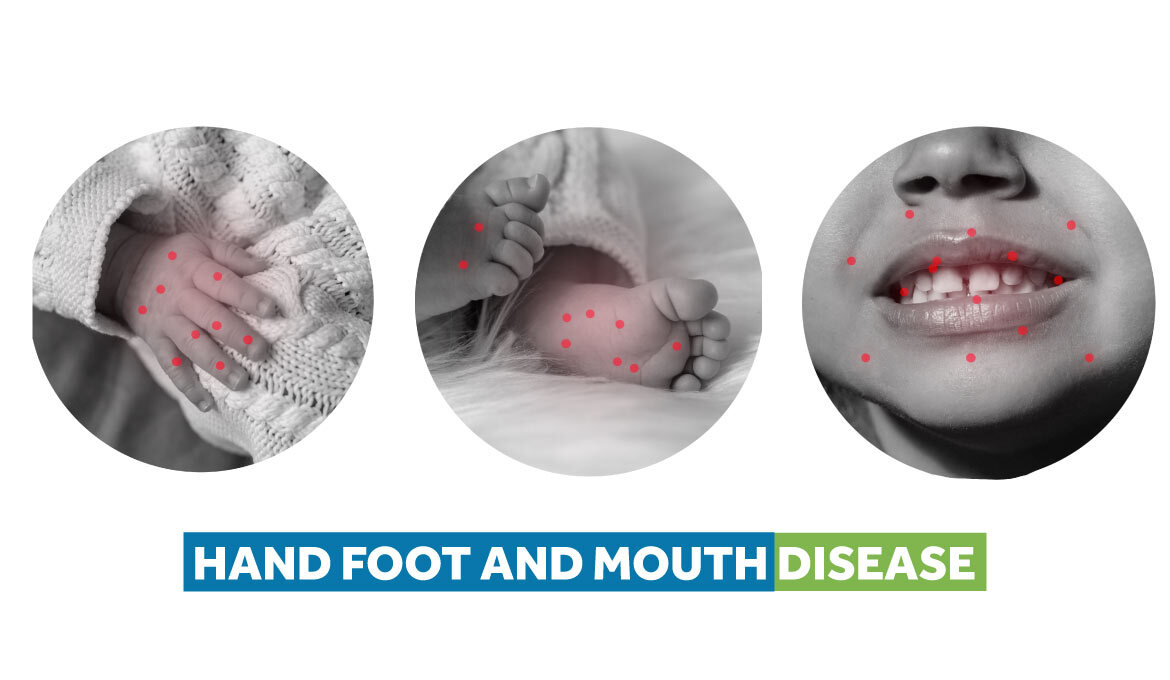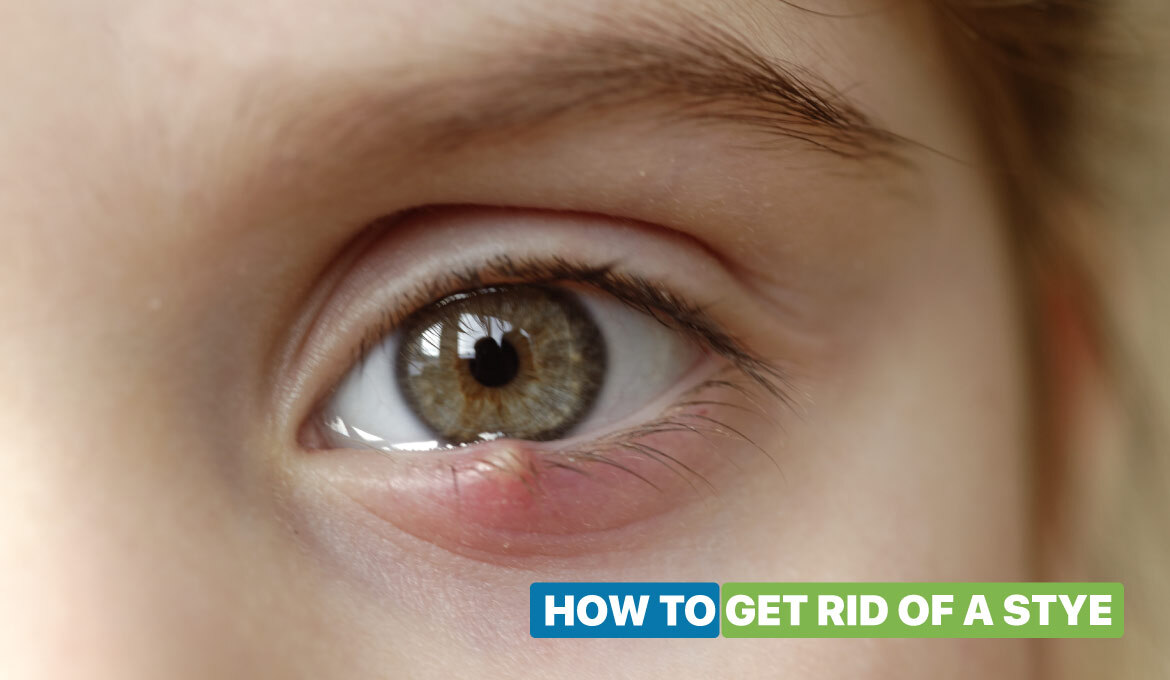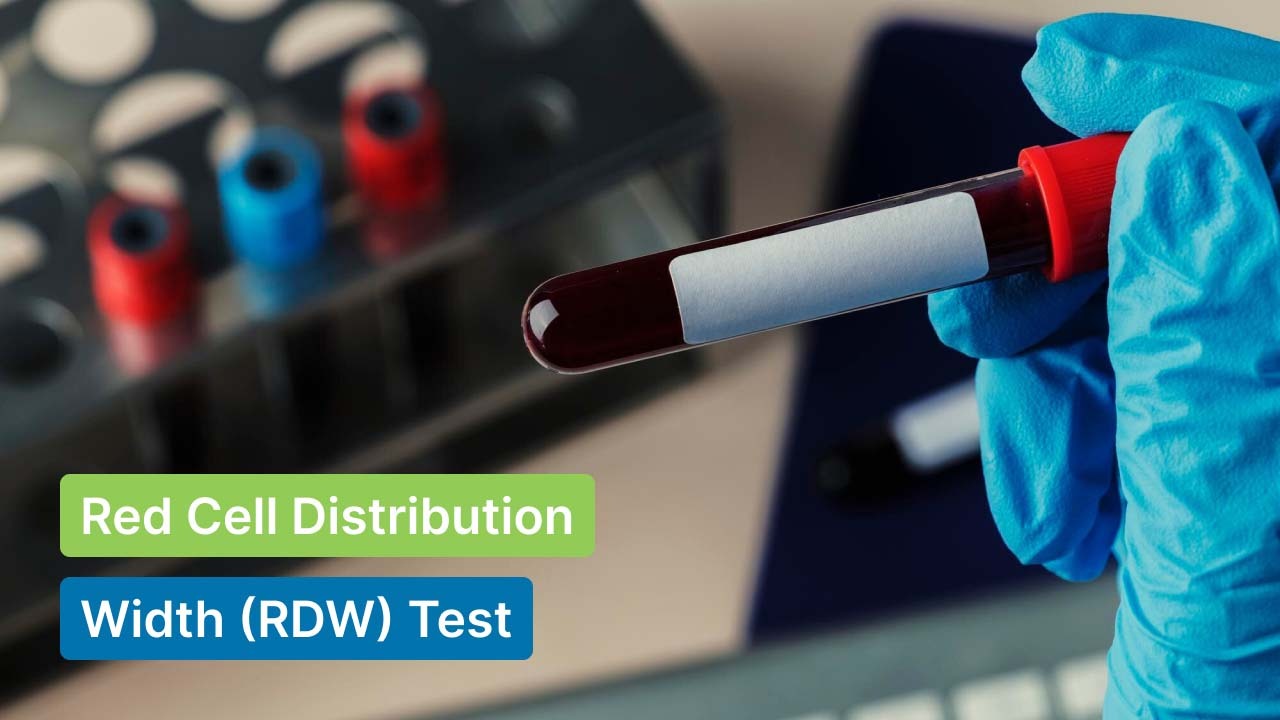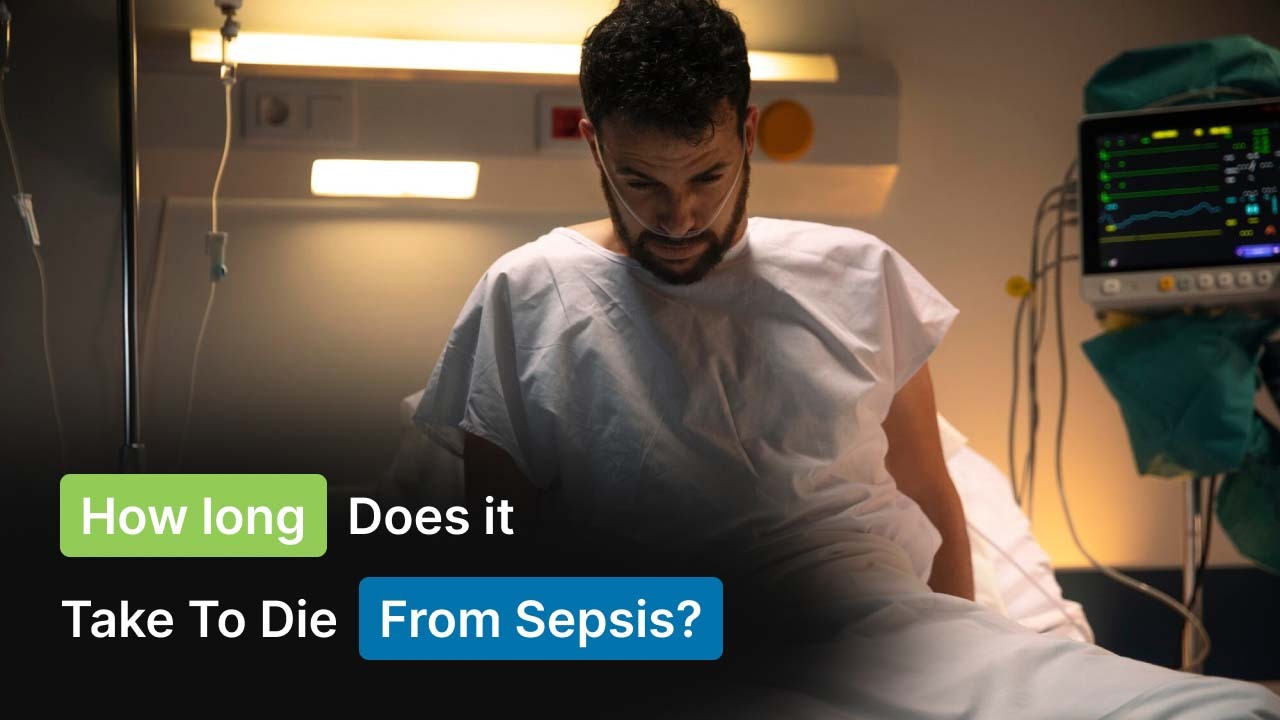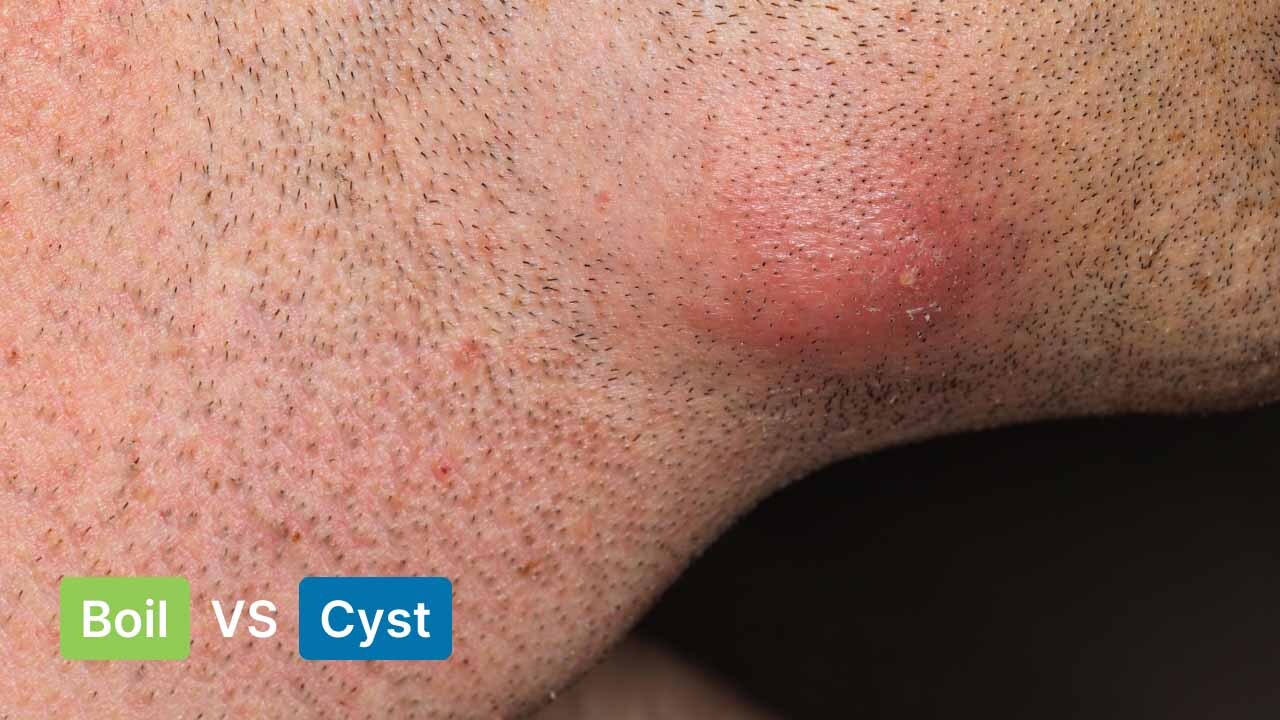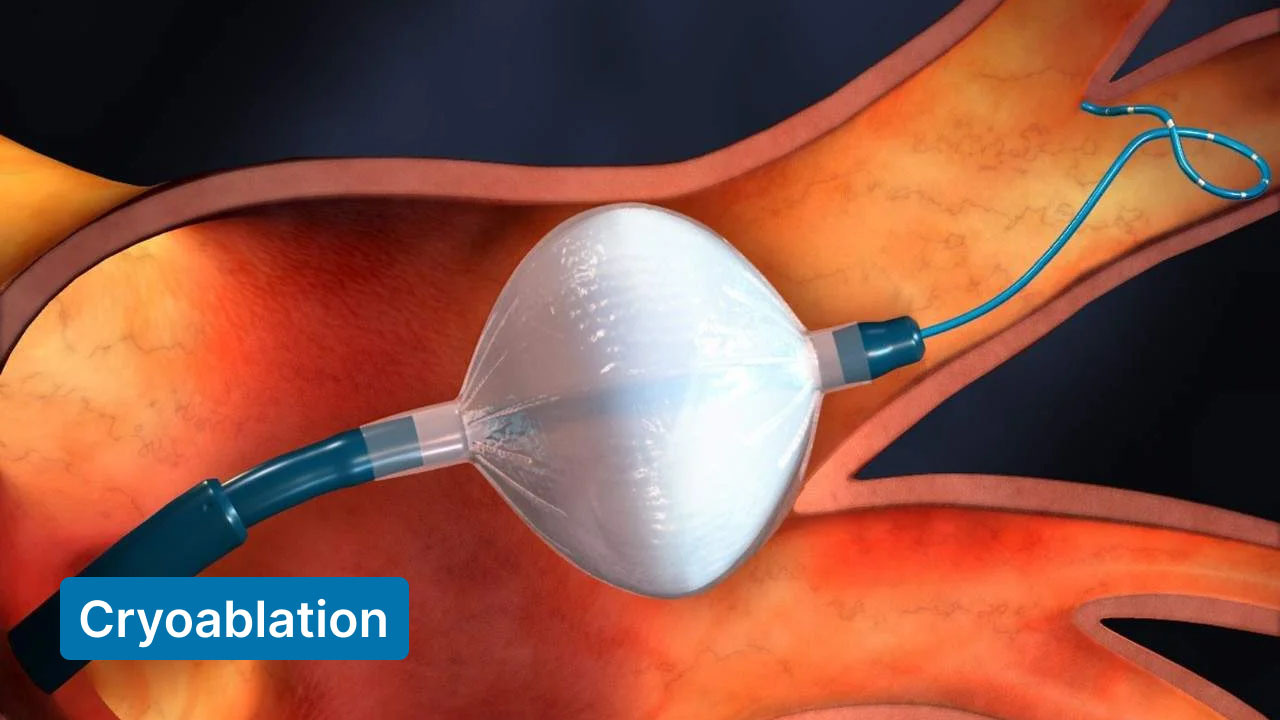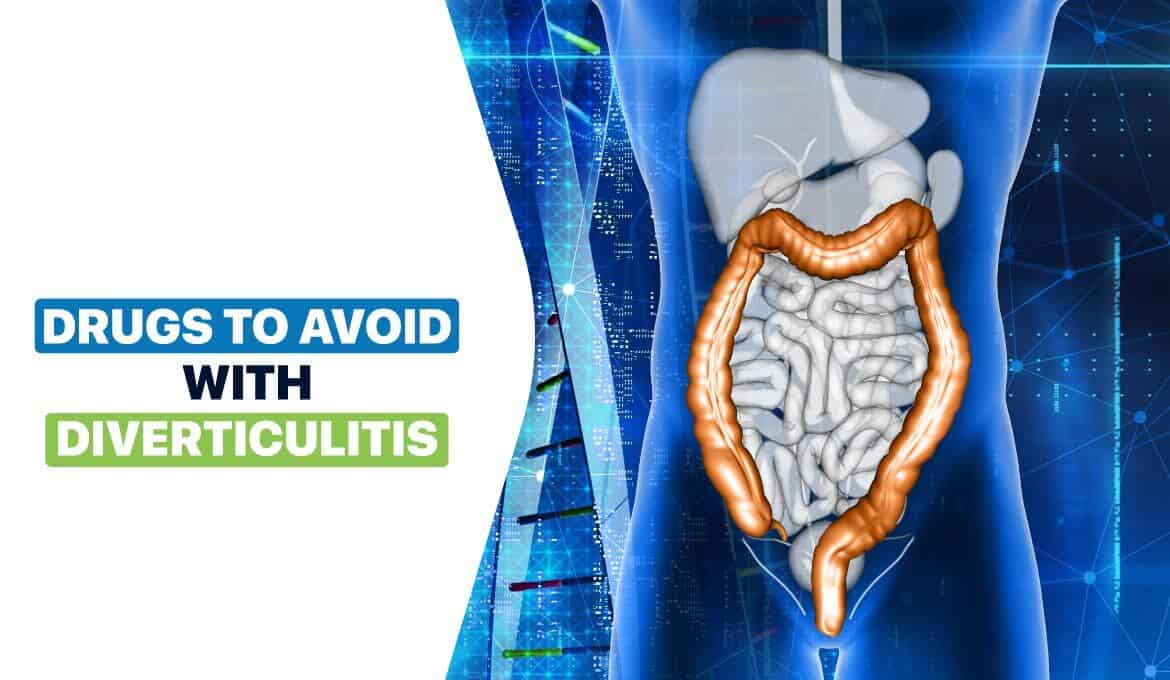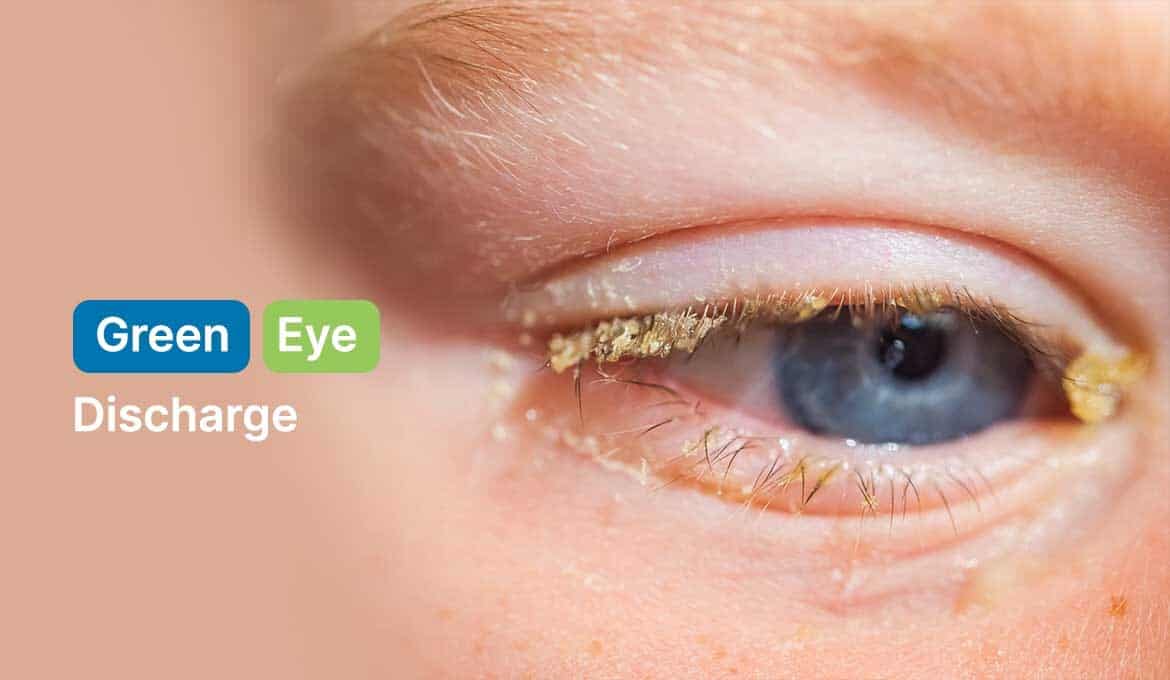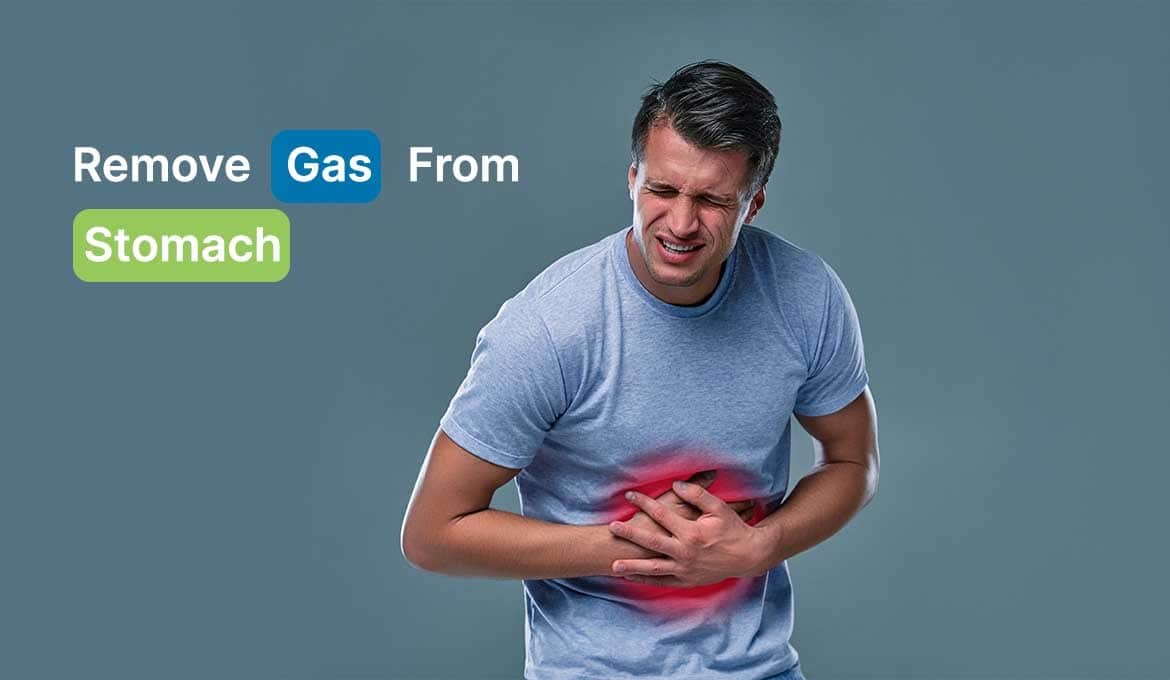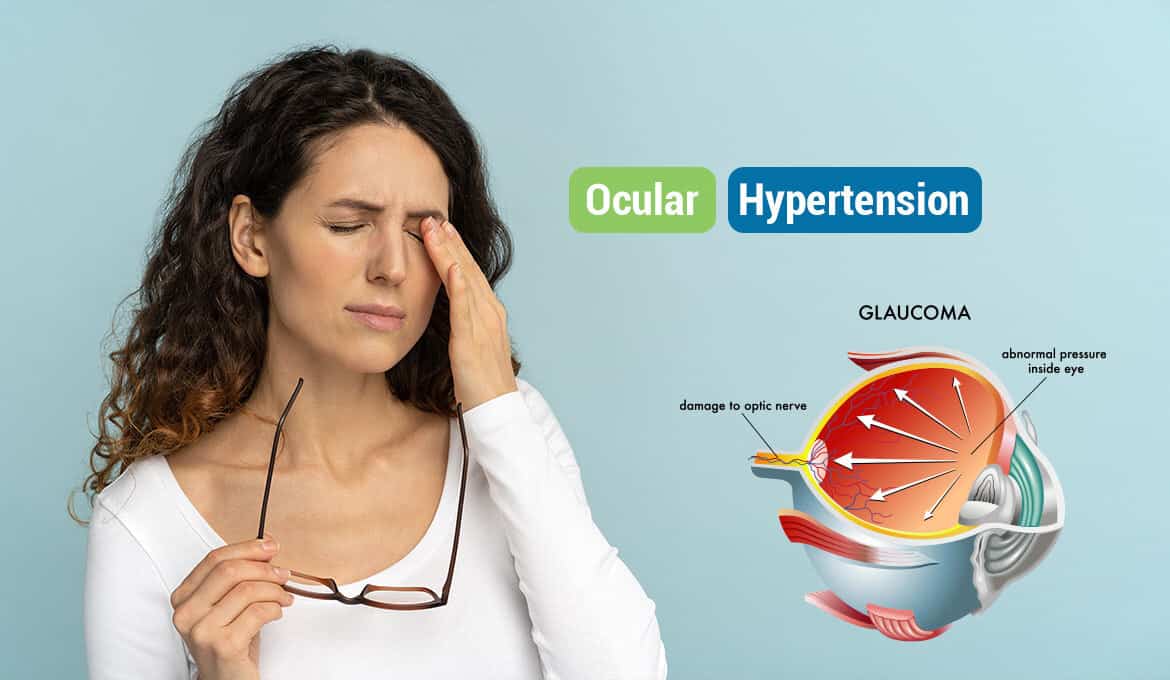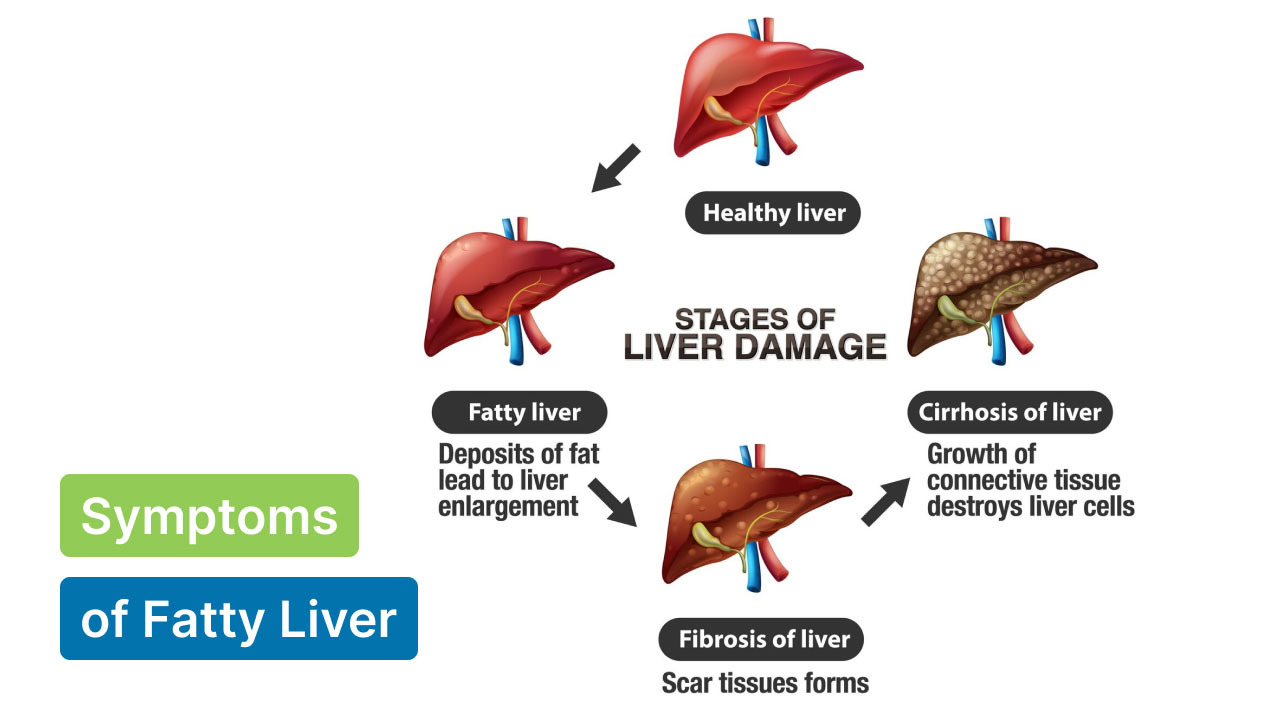
The liver is the second largest organ in the human body, whose main function is to take out nutrients from the food you eat and filter out the harmful substances from the blood. But if your liver stops performing this function properly, it can be a sign of fatty liver.
Fatty liver, also known as hepatic steatosis, can relate to many health conditions, such as it can cause inflammation.
In this article, we will explore what fatty liver actually is. Also, you will learn some symptoms of fatty liver, its types, its causes, and some prevention tips.
What Is “Fatty Liver?”
A fatty liver is a health disease when too much fat accumulates in your liver due to drinking excess alcohol or overeating. Also, patients with diabetes or obesity or those who are overweight can also deal with fatty liver.
Although a fatty liver usually does not show any severe symptoms, it can lead to other health diseases, such as cirrhosis and improper functioning of the liver due to the accumulation of fat inside your liver cells.
There are mainly two types of fatty liver diseases, including:
- Nonalcoholic fatty liver disease (NAFLD): Mainly caused due to diabetes and obesity.
- Alcohol-related fatty liver disease (ALD): Mainly caused due to drinking excess amounts of alcohol.
Symptoms of Fatty Liver
Most people with fatty livers do not experience symptoms until too much fat is collected in the liver. However, some people experience pain or discomfort in the belly.
The symptoms of fatty liver depend on its progressive stages. Here, we will check out some unknown symptoms of fatty acids based on their stages:
- Simple fatty liver: This is the buildup of fat in the liver that is usually harmless and generally shows no symptoms.
- Steatohepatitis: This is the stage when excess fat gets collected in the liver and shows symptoms like inflammation.
- Fibrosis: It is the stage that occurs due to continuous inflammation of the liver, causing a large amount of scar. Though it does not show any symptoms, your liver can still function properly.
- Cirrhosis: This is the stage where scarring of the tissue in the liver has grown widely due to hepatitis or chronic alcoholism, which makes the liver function properly. This stage is irreversible and life-threatening.
Other Symptoms of Fatty Liver Based on Liver Disease Types:
1. NAFLD:
If a patient has nonalcoholic fatty liver disease, it usually does not have any symptoms. Some rare symptoms it can show may include:
- Fatigue.
- Not feeling well.
- Malaise.
- Pain in the upper right abdomen.
2. ALD:
This condition consists of patients who have cirrhosis, which may show the following symptoms:
- Itchy skin.
- Weakness.
- Abdominal swelling (ascites).
- Loss of appetite.
- Shortness of breath.
- Nausea
- Yellow skin and eyes (jaundice).
- Mental confusion.
- GI bleeding.
- Red palms.
- Enlarged spleen.
So, these were all the unknown and possible symptoms of fatty liver. You may not experience any symptoms if your liver fat is in its first stage, a simple fatty liver.
But if you have reached its final stage, called cirrhosis, it is permanent to feel the symptoms mentioned above. So, it is important to prevent yourself from reaching this stage.
Common Causes of Fatty Liver
There are many factors that can cause fatty liver, such as drinking alcohol daily can cause the buildup of fat in the liver. Some other causes that deposit fat in the liver may include:
- Being overweight or obese, especially around the belly.
- Prediabetes (insulin resistance).
- Genes.
- Type 2 diabetes.
- High cholesterol.
- High triglycerides.
- High blood pressure.
- Drinking excess alcohol.
People with certain conditions are at high risk of fatty liver:
- People who are middle-aged or older.
- Have underactive thyroid.
- Take certain medicines, such as calcium channel blockers, corticosteroids, and some cancer medicines.
- Have polycystic ovary syndrome (PCOS).
- Eat a poor diet.
- Gastric bypass surgery.
- Bowel disease.
- Have certain infections, such as hepatitis C.
- Have certain metabolic disorders.
- Have been exposed to some toxins.
How Is Fatty Liver Diagnosed?
As the symptoms of fatty liver are not easy to find, your healthcare provider may ask about your medical history and then consider a physical exam followed by some additional tests. He may ask the following questions to you such as:
- What is your family medical history?
- Do you have any liver disease history?
- How much alcohol and other toxins do you take?
- Do you take any medicine?
- Have there been any recent changes in your health or lifestyle?
So, if you are experiencing fatigue, loss of appetite, or any other unexplained symptoms, share it with your doctor for a proper diagnosis.
After this, your doctor may do some physical exams, such as measuring your weight and height, and check out some symptoms of fatty liver disease, such as an enlarged liver, cirrhosis, or jaundice, that can cause fatty liver.
If your doctor suspects the signs of fatty liver, he may ask you to do some tests, including blood and imaging tests, and sometimes a biopsy.
i). Blood Tests:
Blood tests are to check liver enzymes. If there are high liver enzymes, it shows liver inflammation. After this test, he may have additional tests to know the cause of liver inflammation.
ii). Imaging Tests:
Your doctor can ask you to check the exact cause of excess fat accumulation in your liver, for which you may be asked for the following tests:
- Ultrasound.
- CT scan.
- MRI scan.
iii). Liver Biopsy:
This test will determine the severity of your fatty liver disease and scarring. The doctor will insert a needle into your liver and take out a tissue for further examination to check how badly the liver gets damaged.
Prevention from Fatty Liver
To prevent fatty liver and further complications occur due to fatty liver, it is essential to make some changes in your diet and lifestyle. Below is what you can do:
1. Lifestyle Changes:
Ensure you maintain a healthy lifestyle, which may include the following factors:
- Do regular exercise for at least 30 minutes to lose weight.
- Manage your health conditions such as diabetes and high blood pressure.
- Reduce or avoid the consumption of alcohol and other toxins such as cigarettes.
- Vaccinate against hepatitis A and B, the flu, and pneumococcal disease.
- If you take some dietary supplements or any medicine, consult your doctor about its effects.
2. Diet Changes:
Diet plays an essential role in preventing or controlling fatty liver disease. Follow some diet principles to avoid further complications:
- Balance your diet by including some fresh fruits and vegetables.
- Include whole grains, lean proteins, low-fat dairy, and healthy oils and fats.
- Cut down on high-calorie foods such as oily fish and potatoes with starch.
- Eat smaller portions of food with some gaps in hours.
- Drink plenty of water and avoid drinking soda or other sweet drinks.
- Reduce food with high sodium, refined carbohydrates, saturated and trans fat.
Treatments of Fatty Liver
Although there is no specific treatment for fatty liver, following the above lifestyle and diet changes, you can prevent the condition from worsening.
If you have NASH (Nonalcoholic fatty liver disease), control your weight and blood sugar levels by following a good diet and exercising. If you have ALD (Alcoholic liver disease), you should stop drinking alcohol.
If this does not help you to treat fatty liver, the best option is to consult your healthcare provider to check your liver functioning. Your doctor may suggest the following treatment plans, which may include:
Medicines:
There is no specific medicine available for fatty liver. Still, your doctor may prescribe medication for the factors that contribute to the fatty liver, such as treating high blood pressure, high cholesterol, type 2 diabetes, and obesity.
This may include medications such as lipid-lowering drugs, pentoxifylline, angiotensin receptor blockers, and steroids.
Liver Transplant:
If one has arrived at the last stage of fatty liver, that is, cirrhosis, and the liver stops doing its work, your doctor will advise you for a liver transplant. Because without a liver, an individual may not survive.
This is a surgical treatment in which a failed liver is replaced with a healthy liver of someone who is ready to donate or recently announced dead.
A portion of a healthy liver from a living donor is removed and placed in your body and can regrow into its full size in your and the donor’s body.
Conclusion
Fatty liver can be life-threatening if not prevented. While symptoms of fatty liver are not so common, they may include loss of appetite, fatigue, or pain in the lower abdomen.
Whether NAFLD (obesity or overweight) or ALFD (alcohol) causes the fatty liver, it needs to be treated. However, if an individual does not have a severely fatty liver, they might not feel the symptoms.
If you have or are at risk of fatty liver, follow some life principles related to exercise and diet to promote liver health.
If this disease is treated in its early stage, it is possible to reverse it, but if it reaches its last stage, the only option is to get a liver transplant. So, take preventive steps to protect your liver, improve your health, and save your life.
Read Also:












